8. Digital Mixers in Live Settings
Digital mixers now come in various sizes. Whether it's a solo entertainer, a rock 'n' roll gig, or a musical production, there's a suitable solution for all situations.
For singer-songwriters, duos, or small bands, there are compact and musician-friendly mixers. Of course, their functionality might be more limited compared to big flagship models. However, even in these smaller ones, you get more features than in comparable-sized analogue mixers. More effects, better and finely adjustable EQs, scene management, and remote control are quite common in smaller digital mixers. Plus, many mixers offer presets for different scenarios. You don't need to be a trained sound engineer to get a good sound with minimal effort.
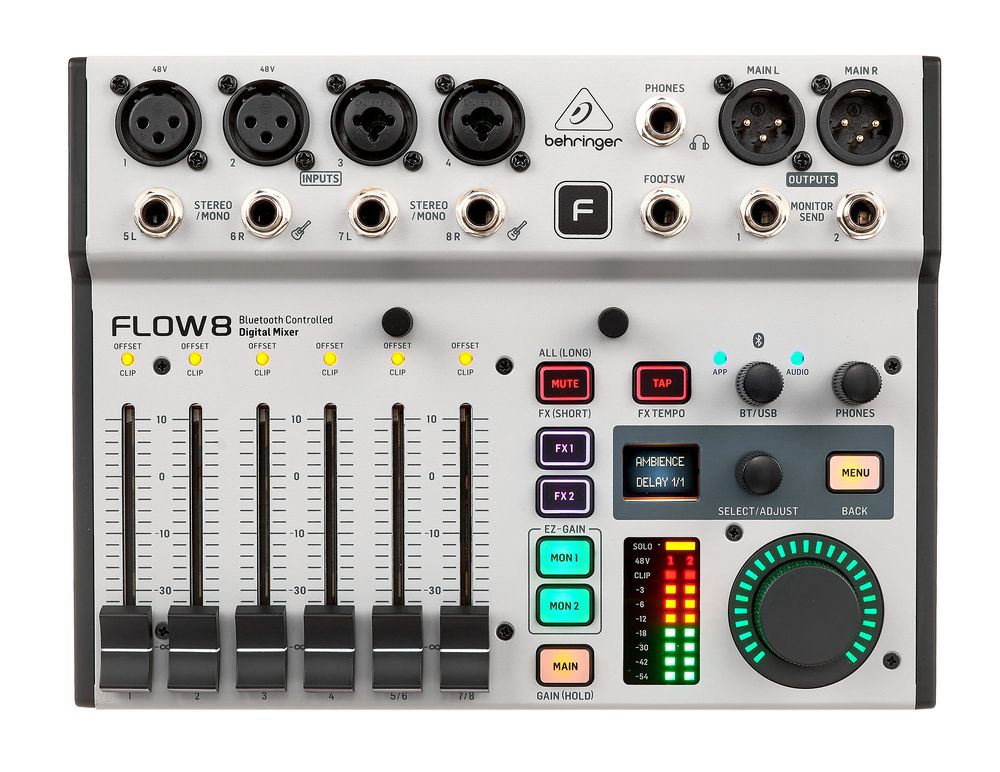
Compact digital mixer with app connectivity
Even smaller bands are increasingly using in-ear monitoring. To have the same mix in their ears anytime and anywhere, investing in their own mixer often pays off. To stay as compact as possible, a digital mixer is often the go-to choice. A remotely controllable rack mixer frequently becomes the central control element in an in-ear rack setup.
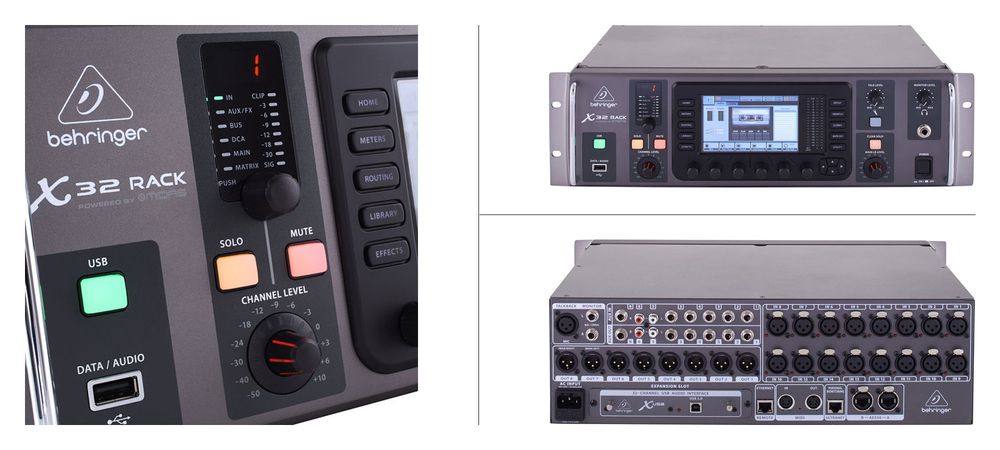
Digital rack mixer for in-ear monitoring
Musicians can adjust their headphone mix either via an app on their smartphone or using a compatible personal monitoring system, making them independent of the sound engineer.
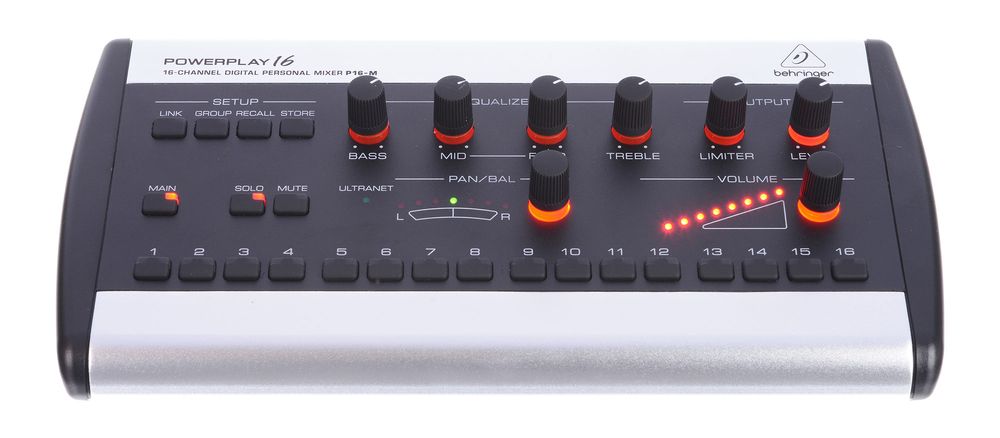
Personal Monitoring System
For those interested in learning more about the extensive topic of monitoring, we recommend checking out our Online Guide on "Monitoring."
When a sound engineer considers getting their own mixer, there are more than enough options available. Connecting digital stageboxes is essential for live operations. Since freelance technicians encounter many different scenarios, it's advisable to consider expandability. Depending on the intended use, it's also advantageous if the mixer can handle various audio transmission protocols. Many manufacturers now offer various expansion cards that can be installed in a mixer. Signals can then be exchanged between mixers from different manufacturers via cross-platform protocols like MADI or DANTE.
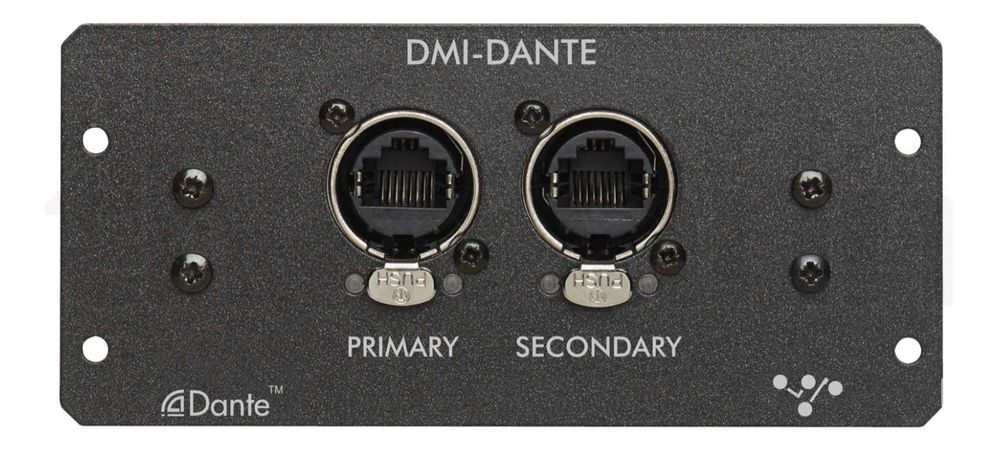
Dante expansion card for a digital mixer
To optimize and personalize their mix, plug-ins are increasingly used in live settings. Specifically for live use where minimal latency is crucial, there are expansion modules optimized for audio transmission protocols.
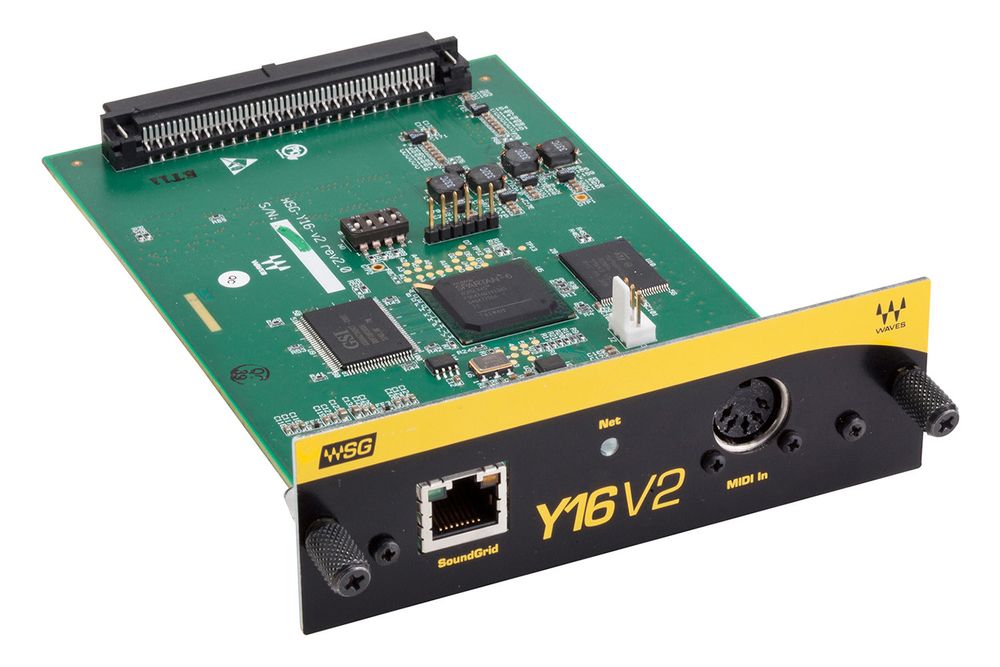
Expansion module for low-latency integration of plug-ins
Digital mixers offer significant advantages over analogue equipment, especially in live settings. At larger and more professional gigs, digital mixers have become indispensable.







